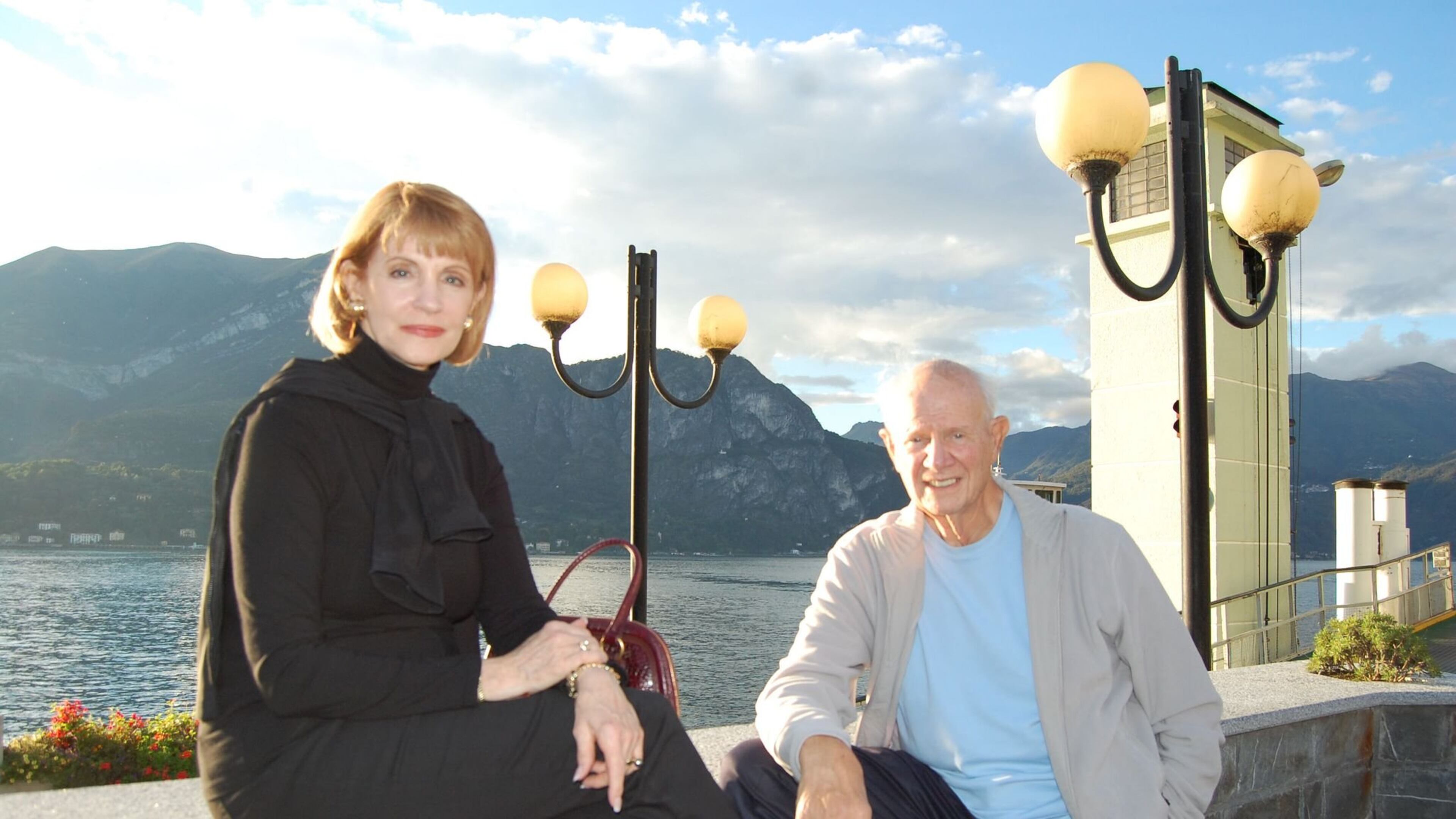Stephen Newfield, 86: Ad man, Renaissance man, brightened community

Though friends typically call him a “Renaissance Man,” that description doesn’t quite do Steve Newfield justice. Indeed, by comparison some of those14th- through 17th-century fellows seem like underachievers.
A longtime Atlanta advertising executive, Newfield read several newspapers daily, three-to-four books a week and even, just two years ago, authored a novel of his own.
A decades-long patron of the arts, he helped famed raconteur J. Hunter Todd start the (now defunct) Atlanta International Film Festival in 1968, and provided advertising for free. He was an impassioned, savvy sports fan who held Atlanta Falcons season tickets from the first year, 1966. He was a thoroughly devoted though mostly middling golfer who, his friend Scott Smith said, "sometimes cheated. Well, the truth is we both cheated."
He taught English as a second language at Holy Innocents Church, began studying Spanish at age 60, ran a Monday night Torah study group and for 31 years was night manager for The Temple Homeless Shelter.
He created book clubs, golf groups, breakfast clubs, bowling teams and bridge clubs. He obsessively collected the latest technological gadgets, prompting his wife Peggy Newfield to say recently, “We have things sitting here, I’ll probably never know how to use them.”
“He used his brain every day, right up until the end,” said his friend for over half a century, Dr. Michael Levine. “I sat with him two days before he died, and he was still joking, and was particularly animated in talking about how good the Braves were doing.”
Stephen David Newfield, 86, died Sept 1 after a long battle with prostrate cancer. A memorial service was held at The Temple on Sept. 7.
He was born March 2, 1932, in Brooklyn and mostly raised in the Bronx. His great grandfather, grandfather and father were all pharmacists. While he was preparing to enter Columbia University it was hardly earth-shattering when his father suggested, “You might want to major in pharmacy. It’s a good career.”
Newfield did graduate with a pharmacy degree, but his time filling prescriptions was brief. After a couple of years in Louisiana in the army he went to work at a large Manhattan advertising agency and, as Peggy said, “Advertising was his calling. I think for him it came down to developing concepts and making them a reality.”
Several years later he was able to compound his expertise, becoming a partner in a company called Ethical Drug Advertising. “The way they started out they helped small-town independent drugstores across the country market themselves,” said David Bockel, a businessman and Vietnam vet who met Newfield in the late 1960s. “They provided promotional materials, advertising brochures, press releases and sent out a packet each month. They provided advertising from the very extensive and sophisticated to the routine, like a back-to-school promotion. Steve was an expert in drugstore marketing.”
Ethical Drug moved to Atlanta in the early 1960s, and Newfield had been here about six weeks when he met a high school music teacher named Peggy Bryan (she’d later become music director at The Temple for 20 years). She grew up on a farm in Warner Robbins and says, “My childhood was spent raising animals, while his was spent going to museums.”
They married in 1964, and Peggy calls their long partnership “a never-ending saga. We had some exciting times. Almost every day he’d say, ‘What are we doing tonight?’ “
His business would evolve beyond the drugstore trade, and eventually he became CEO of Philip Mitchell Advertising. About 15 years ago he sold that company to HA-LO advertising, though he remained a consultant until several years ago.
He became an inveterate traveler. He and Peggy rented houses in places like Mexico, Ireland and Italy, though he also liked going to Las Vegas with Scott Smith. “I’d go gambling,” Smith said, “and he’d go shopping. He loved fashion and was always well dressed.”
In 2016 after a lifetime of prolific reading he wrote “Goodbye Bronx,” a memoir disguised as a novel about growing up in New York City. But around this time last year his cancer, initially diagnosed 14 years ago and beaten, returned and gradually worsened. Newfield rarely complained, at least publicly. Many of his friends were stunned when he began calling a couple of months ago to say he was receiving hospice care.
“As long as I’ve known him,” Bockel said, “ I’ve never seen him angry or sad. Not even at the end. He was generous, he was loving he was always upbeat, and above all very funny.”
Smith visited his friend at home five days before he died.
“He and I both knew it would be the last time,” Smith said. “He told me, ‘I’m ready.’ I said, ‘When you get there, can you let me know how it’s going up there?’ Then he said — and this is typical Steve — ‘I’ll tell you if it’s hot or cold.’ “
Steve Newfield is survived by his wife Peggy, daughter Melanie Newfield Clark (George), son David Newfield, grandsons Taylor and Colin Clark and his sister Carol Newfield.


